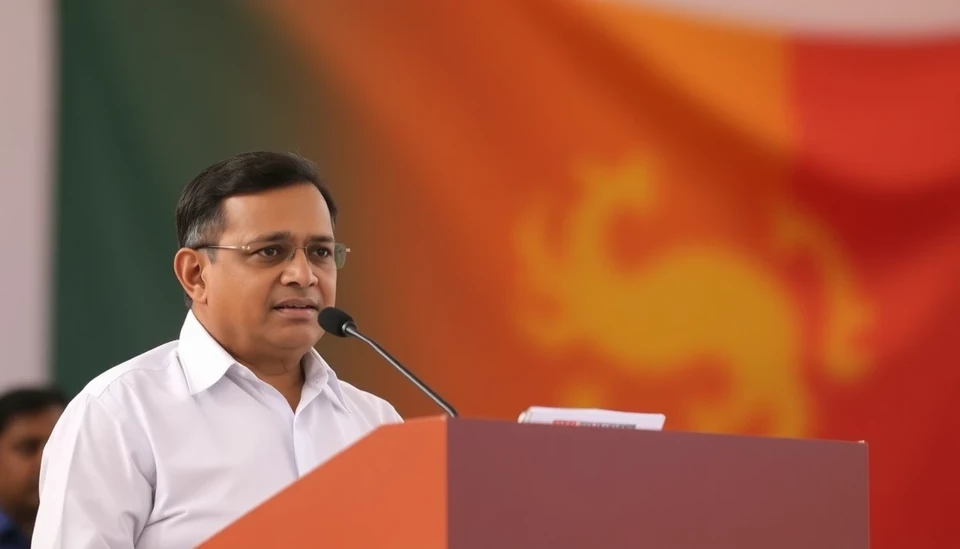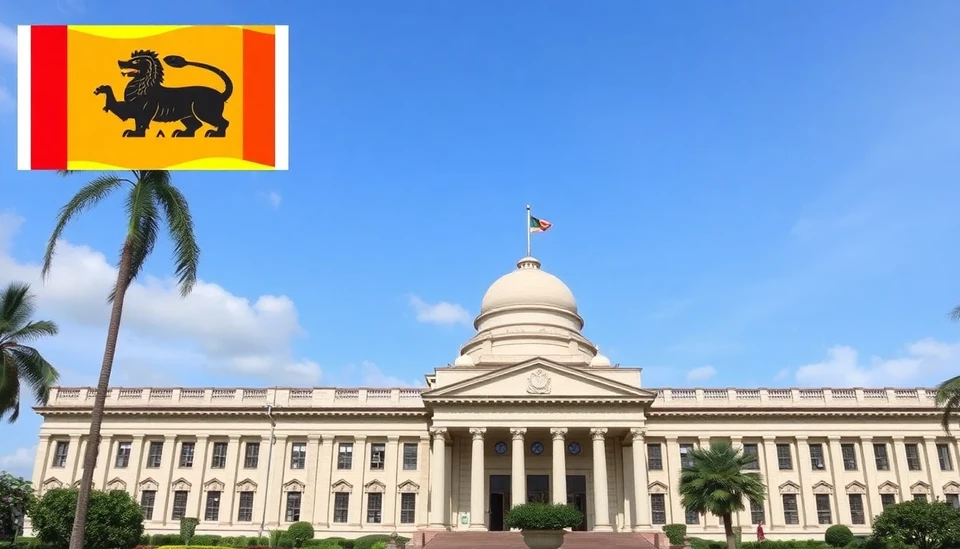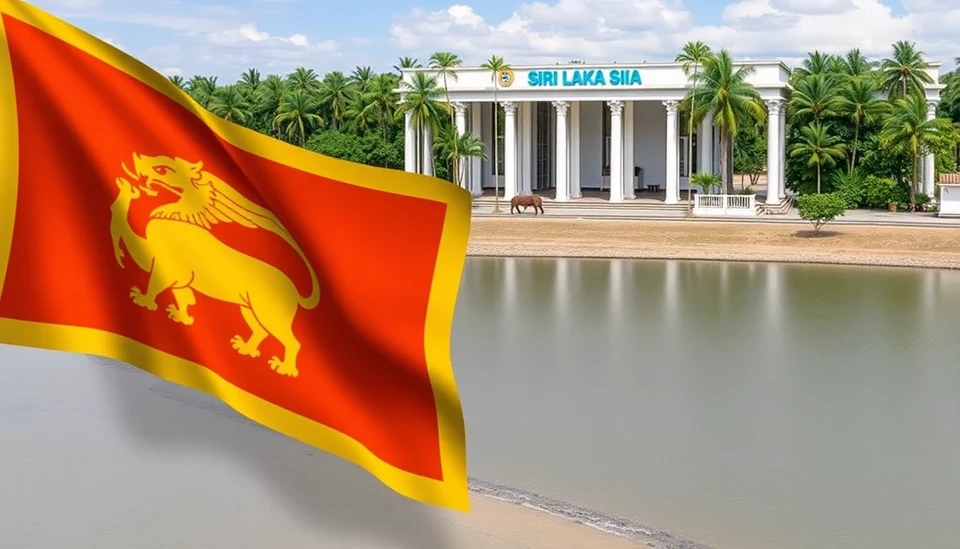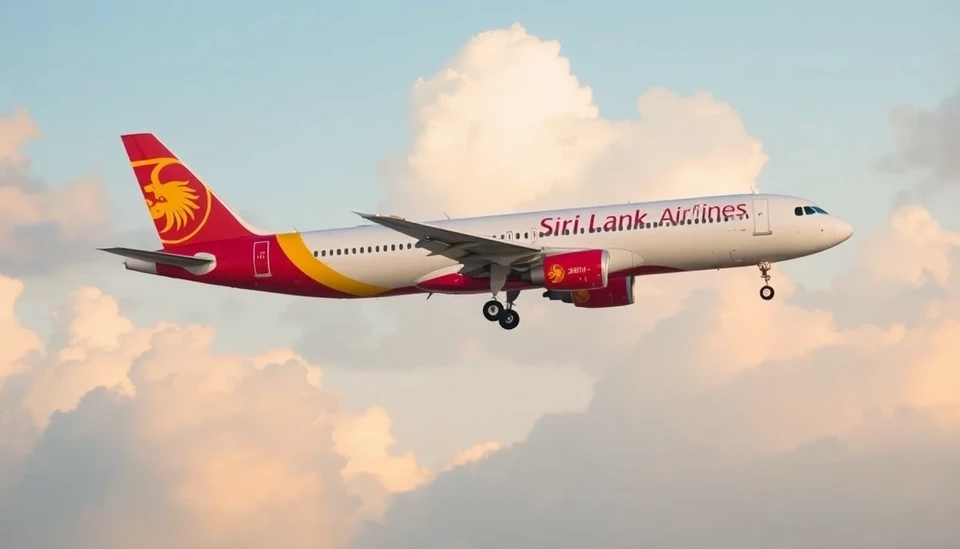
Sri Lanka's government has unveiled its budget for 2025, which aims to balance the expectations set during the recent election campaigns with the stringent demands posed by the International Monetary Fund (IMF). This initiative comes at a critical time for the nation, grappling with the aftermath of its economic crisis while trying to regain stability. The budgetary proposal is designed to redefine the economic landscape and place fiscal responsibility at the forefront of the national agenda.
The nation's Finance Minister has advocated for a blend of initiatives that honor the commitments made to constituents while adhering to the IMF's conditions for financial assistance. The government is keenly aware of the dual pressures of delivering on pre-election pledges and maintaining the austerity measures outlined by international financial overseers.
This balancing act has necessitated a careful approach to various sectors, including public spending, health care, and social welfare programs. To that end, the proposed budget outlines significant funding allocations to essential services, aimed at alleviating the hardships faced by ordinary citizens due to rising living costs and previously implemented economic reforms.
Among the standout proposals in the budget is a commitment to enhance social protection initiatives. There are clear plans to boost financial support for the most vulnerable populations, ensuring that the poorest in society will receive assistance amidst an ever-tightening fiscal landscape. This commitment serves as a direct response to widespread public discontent following earlier austerity measures that were deemed essential for stabilizing the economy.
The budget also makes room for investments targeting infrastructure improvement and economic recovery efforts. The government has earmarked funds to develop key sectors such as agriculture and tourism, with an aim to stimulate job creation and recovery from the economic downturn exacerbated by the pandemic and prior fiscal mismanagement.
However, the question remains whether these budgetary measures will suffice to sway public opinion positively or restore confidence. Citizens are understandably skeptical, having witnessed previous governments fail to honor their commitments or manage the economy effectively. As IMF conditions often come with stringent requirements that limit public spending, many are questioning the sustainability of the proposed budget.
In further development, the government faces challenges from various sectors, including labor and farmers’ unions, who demand not only assistance but a substantial revision of fiscal policy. The balancing act between political popularity and the IMF’s austerity measures may prove to be one of the most significant tests for the current administration.
As the budget plan progresses, it remains crucial for the Sri Lankan government to ensure transparency and accountability. Public trust can only be restored through diligent follow-through on financial commitments and a clear communication strategy outlining how the budget supports recovery and growth.
In conclusion, Sri Lanka’s 2025 budget reflects a critical juncture for the island nation as it strives to navigate the complexities of restoring economic health while facing public expectations. The outcome will undoubtedly have lasting implications on both governance and the overall socioeconomic climate for the foreseeable future.
#SriLanka #2025Budget #EconomicRecovery #IMF #PublicTrust #AusterityMeasures #PoliticalChallenges #SocialWelfare
Author: Daniel Foster




